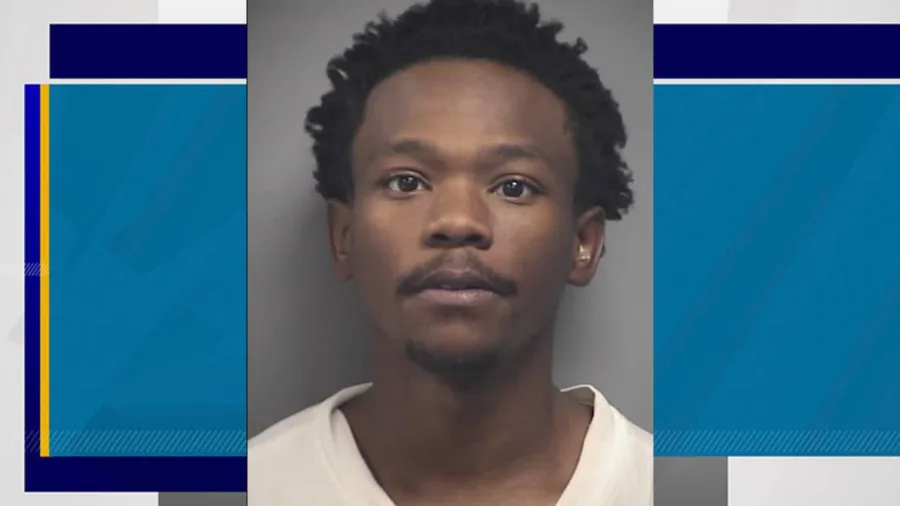
Georgia State Senator Pushed Down, Arrested In Attempted House Chamber Entry
An Incident of Force and Controversy
On Friday, April 14, Georgia State Senator Emanuel Jones was pushed down and arrested as he attempted to enter the House chamber during a session. This incident has sparked a heated debate, with diverse perspectives and opinions emerging.
Background and Details
Senator Jones, a Democrat, was reportedly attempting to enter the House chamber to protest legislation related to voting rights. As he approached the chamber doors, he was met with resistance from security personnel. A physical altercation ensued, resulting in Senator Jones being pushed down and detained.
Official Statement
In an official statement, the Georgia State Patrol said that Senator Jones was “physically blocking the door” and “refused to follow instructions” to move away. They claimed that the use of force was necessary to “maintain order and safety.” Senator Jones has since been charged with disrupting a meeting and felony obstruction of an officer.
Perspectives and Reactions
Senator Jones’ Supporters: Many of Senator Jones’ supporters have condemned the use of force against him. They argue that his actions were a form of peaceful protest and that he should not have been treated with such aggression. They also question the motives of the security personnel and whether excessive force was used.
State Patrol and Law Enforcement: The Georgia State Patrol and other law enforcement agencies have defended their actions, stating that they were acting in accordance with their protocols to maintain order and prevent disruption. They maintain that Senator Jones’ behavior warranted the level of force used.
Political Divide: The incident has also drawn attention to the political divide in Georgia and the nation. Some view it as an excessive use of force against a dissenting voice, while others support law enforcement’s need to maintain order in the face of potential disruption.
Analysis of Different Perspectives
The incident highlights the complexities of balancing security with the right to protest. It raises questions about the appropriate use of force, the limits of political dissent, and the role of law enforcement in maintaining order in public spaces.
Security Concerns: State Capitols and legislative chambers have heightened security measures following incidents of violence and threats. Balancing this with ensuring public access and the ability to voice dissent is a challenge.
Civil Disobedience: Peaceful protests and demonstrations are protected by the First Amendment. However, understanding the limits of what constitutes acceptable forms of civil disobedience and whether an individual’s actions cross the threshold of disruption or disturbance is crucial.
Law Enforcement Response: The use of force by law enforcement should always be carefully considered and proportional to the situation. It is essential to examine whether alternative measures could have been employed to de-escalate the situation without resorting to physical confrontation.
Research and Data Points
Research suggests that the use of excessive force by law enforcement can have harmful consequences, including increased distrust, negative perceptions of authorities, and potential violence. It is important to explore alternatives to force and focus on de-escalation techniques.
Data shows that disproportionate use of force often occurs against marginalized communities. This highlights the need to examine the role of biases and systemic inequalities in shaping law enforcement practices.
Conclusion
The Georgia State Senator incident raises important questions about balancing security, civil liberties, and the role of law enforcement. It calls for thoughtful analysis, dialogue, and reforms to ensure that public safety is maintained while upholding the rights of individuals to peacefully express their dissent.
Further investigation into the use of force, the limits of civil disobedience, and alternative conflict resolution mechanisms are crucial to prevent similar incidents from occurring and to promote a society where both order and freedom of expression are valued.
